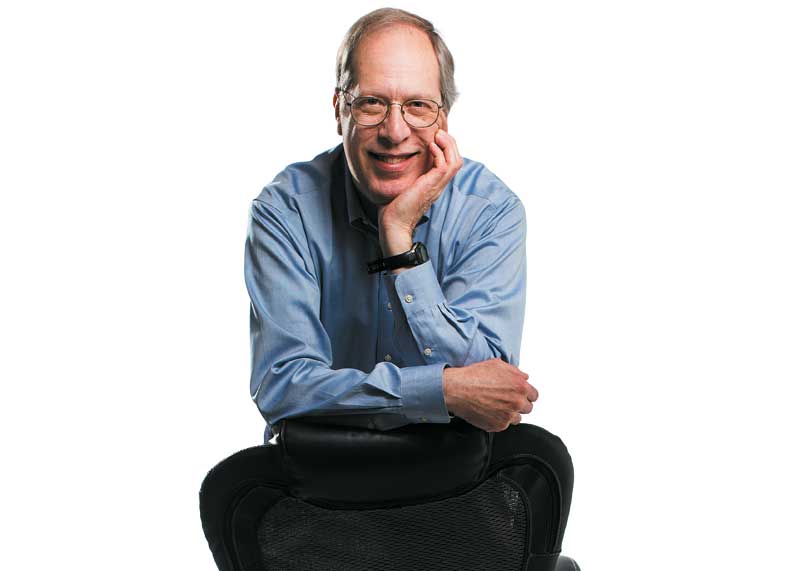
From Where I Sit: Care to Disagree
Why associations need to cultivate conflict, according to Association Executive Management's David M. Patt.
Conformity is far too pervasive in the association community.
Our colleagues often try to avoid saying or doing anything somebody else might not like. Appearing contrary, they fear, implies they are not team players. They worry that it may prevent them from earning respect, speaking at conferences, serving on boards or committees, or landing new jobs.
Critique, discussion, and debate should be viewed as helpful tools for creating sound policies and programs. Instead, participants strive for unanimity.
I recall one committee meeting of association executives who were crafting an educational schedule. A member suggested a topic others didn’t think was appropriate. Glances were exchanged. Eyes rolled. But nobody said anything. So an inappropriate topic got on the schedule.
This behavior baffles me. Diversity of opinion is normal. What’s the chance that everybody will agree about everything all the time? Critique, discussion, and debate should be viewed as helpful tools for creating sound policies and programs. Instead, participants strive for unanimity.
I know of one civic organization whose board didn’t know how to proceed after casting its first split vote. The chair correctly stated that majority rules, but one board member suggested a revote to make the decision unanimous. Why? Those who disagreed weren’t undermining the group. They merely thought it wasn’t a good idea. Why should their opposition be hidden?
Here’s the real problem: Most people don’t want to be different. They don’t want to risk being thought of as unwise or unprofessional or less than competent. They want to be accepted and get along with everybody else. So they conform.
But conformity can stunt association growth and innovation. New ideas must be raised and discussed, and that means conflict and disagreement are inevitable. But in my experience, that conflict will probably be very polite. Colleagues are likely to phrase their comments ever so diplomatically, hoping the originator of an idea will pick up their hints and make desirable changes.
So don’t be shy about disagreeing, even if you are the only person holding a contrary view. Want to change the culture? Don’t back down on an issue just to avoid conflict. Always be nice when you’re disagreeing, but never apologize for disagreeing. Criticize ideas, not people. And have something more than a complaint: Explain how you believe a different idea or way of doing things can be successful.
Last, exude confidence as you do all this. With any luck, it may embolden your peers.
(Photograph by Todd Winters)





Comments